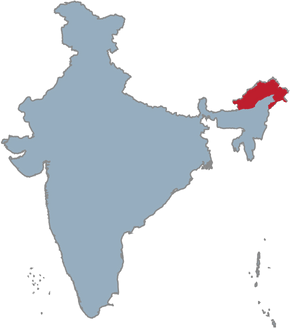
Future Generations Arunachal – An Overview
Founded in 1997, Future Generations Arunachal promotes community-driven development in India’s northeastern state of Arunachal Pradesh. Guided by the SEED-SCALE methodology, the organization works alongside local communities to strengthen livelihoods, empower women, protect nature, and improve local governance. Its focus remains on building self-reliant communities that advance sustainable social change and align with 10 Sustainable Development Goals (SDGs).
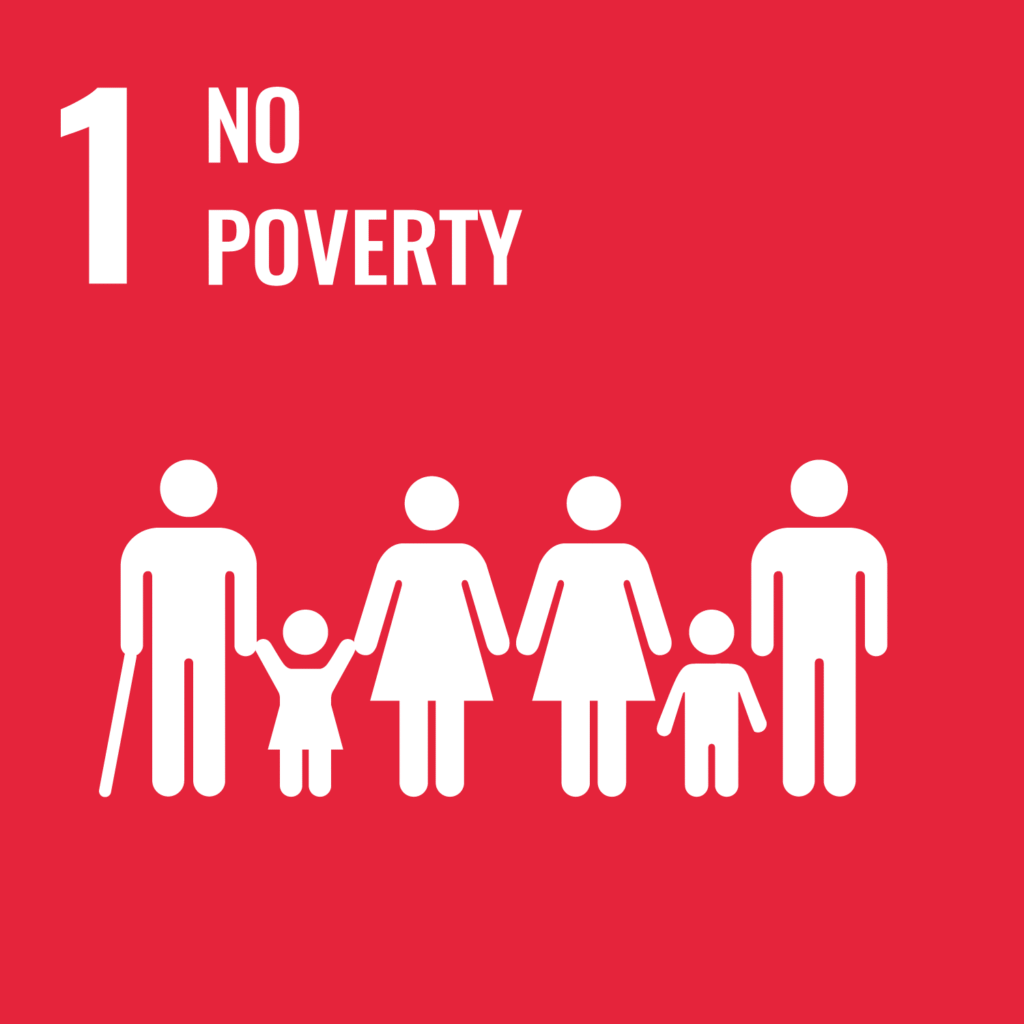
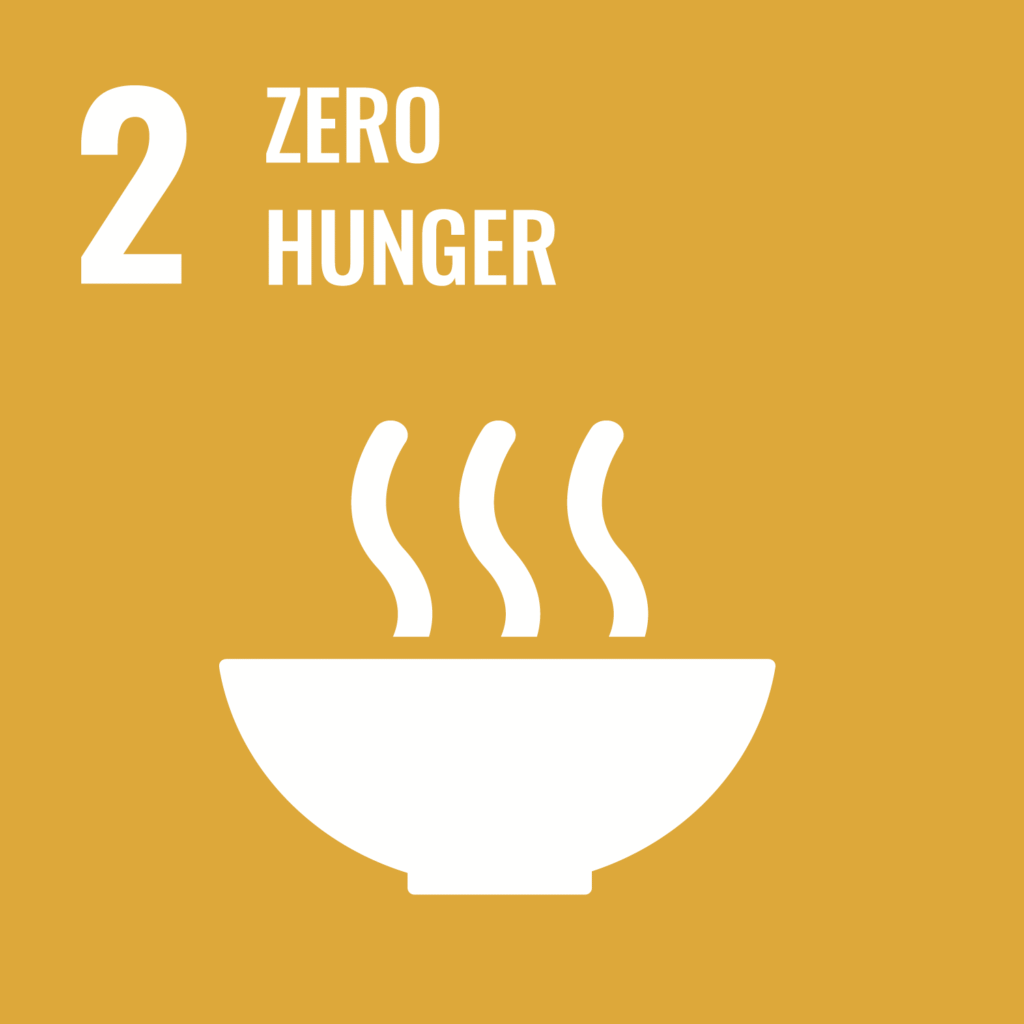
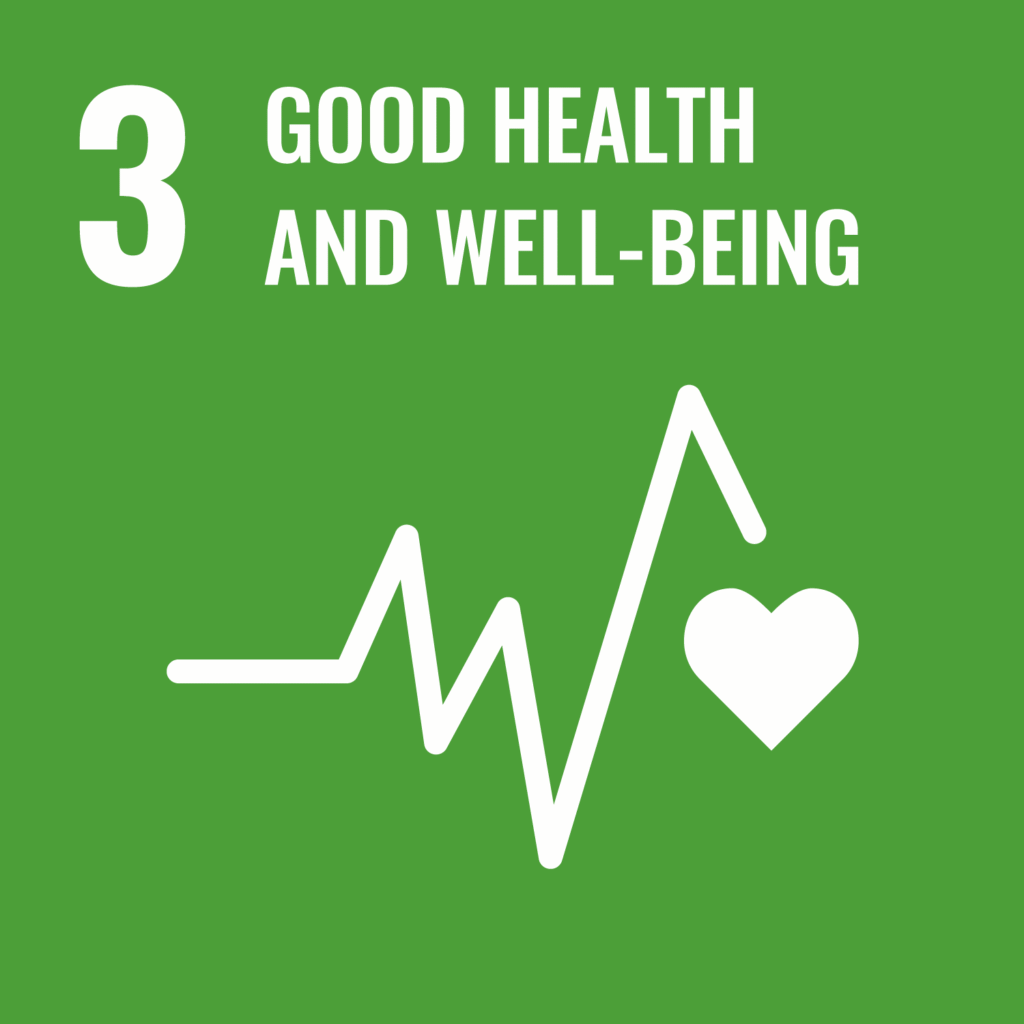
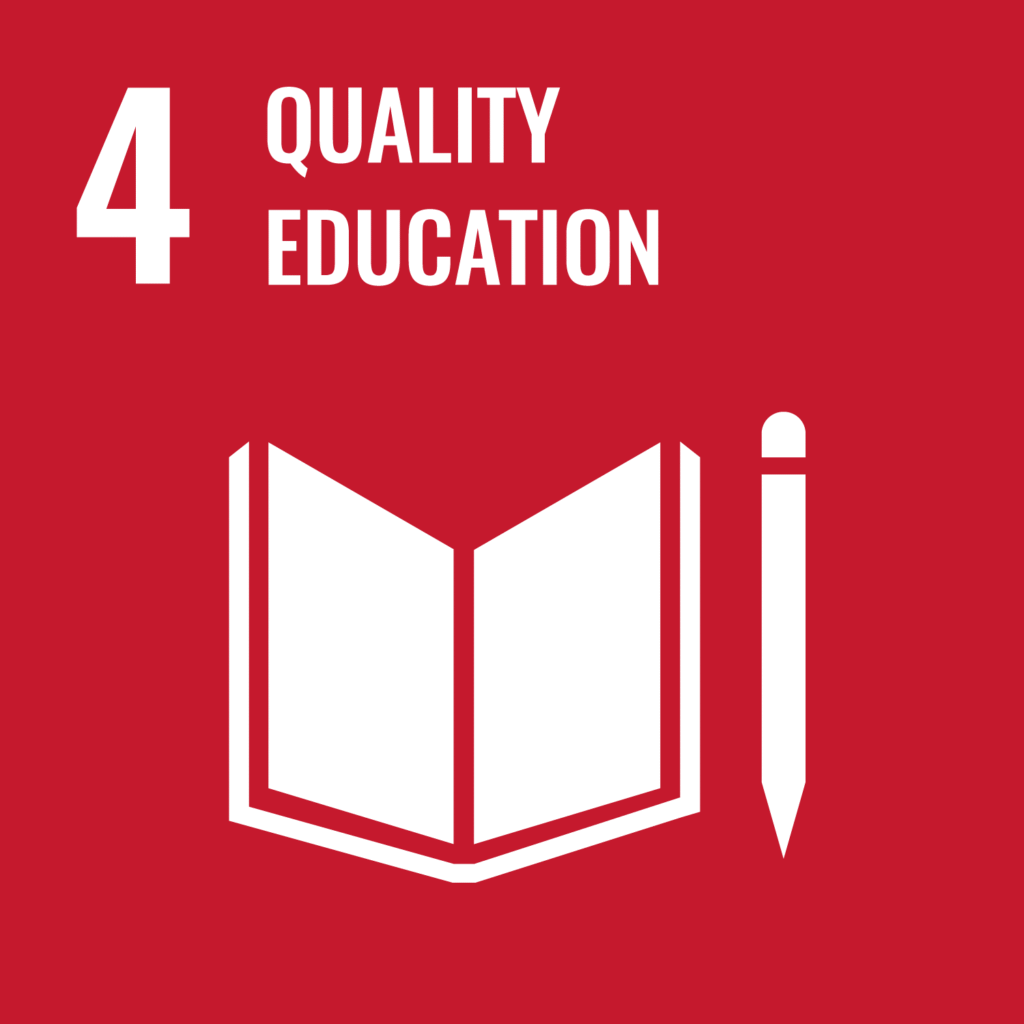
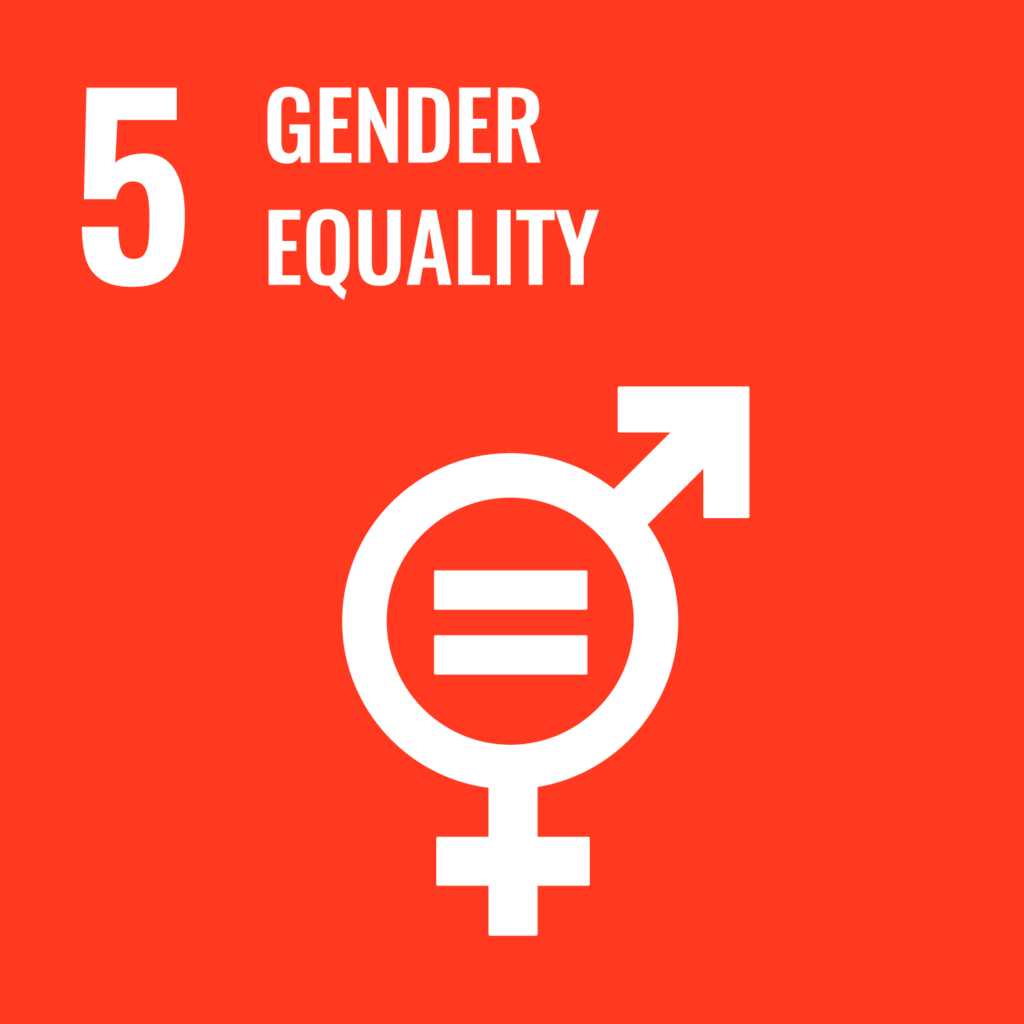
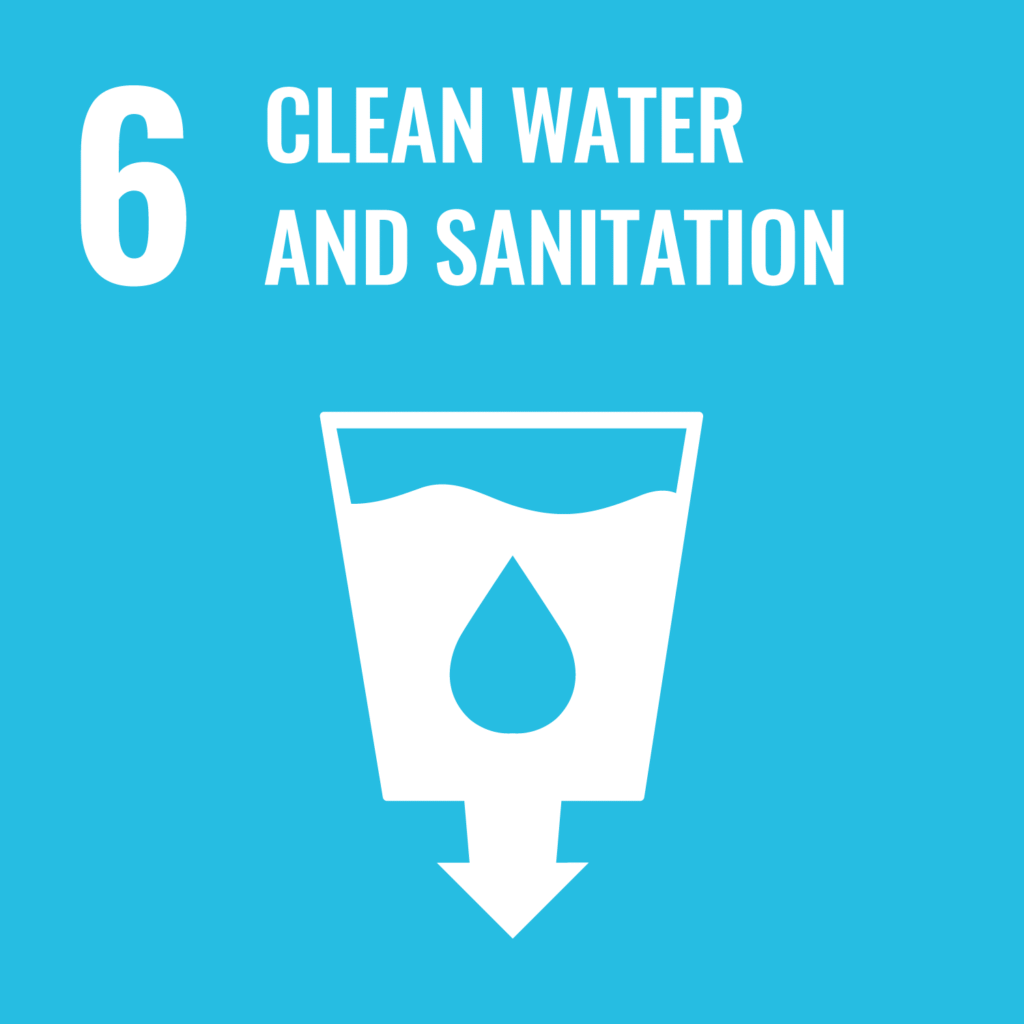
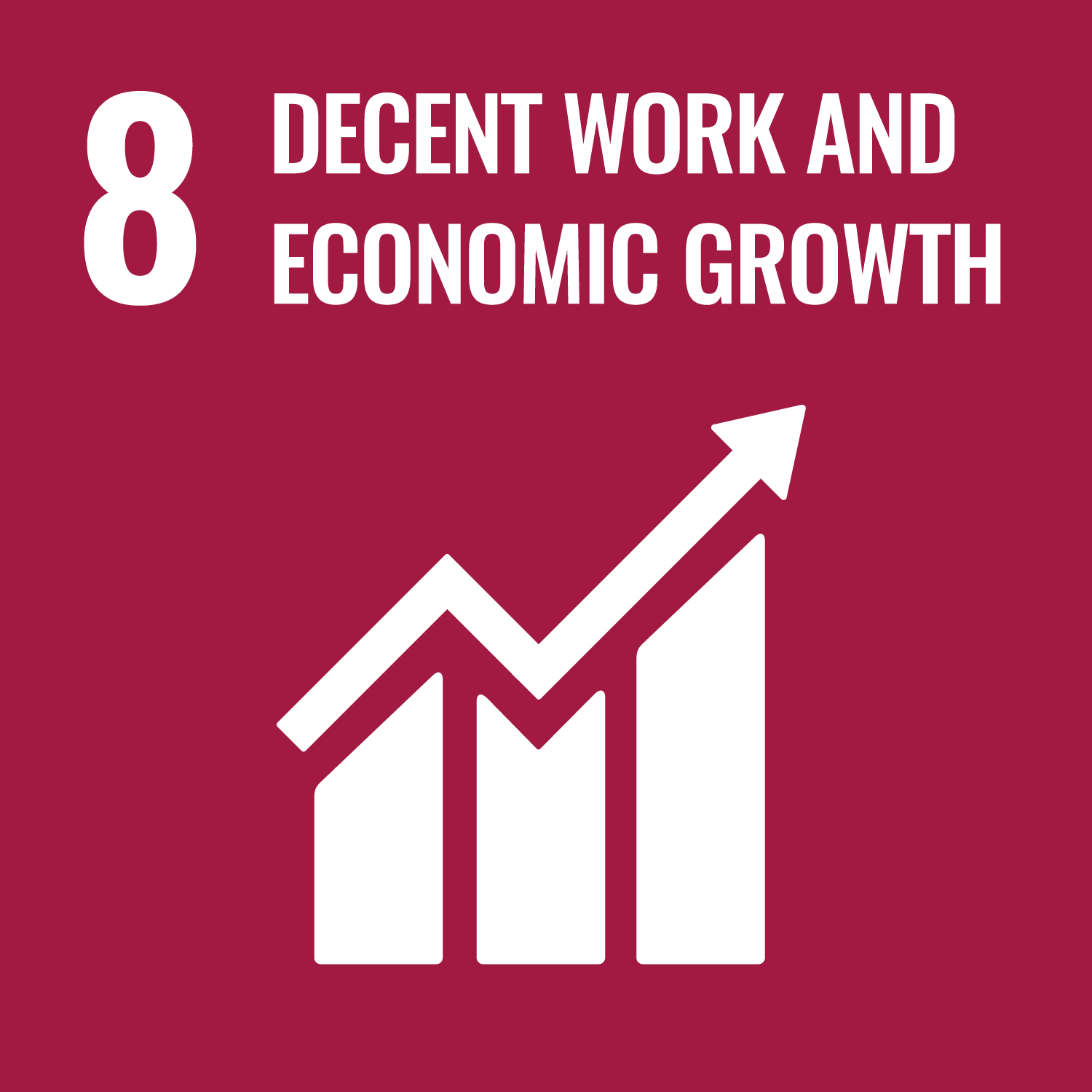
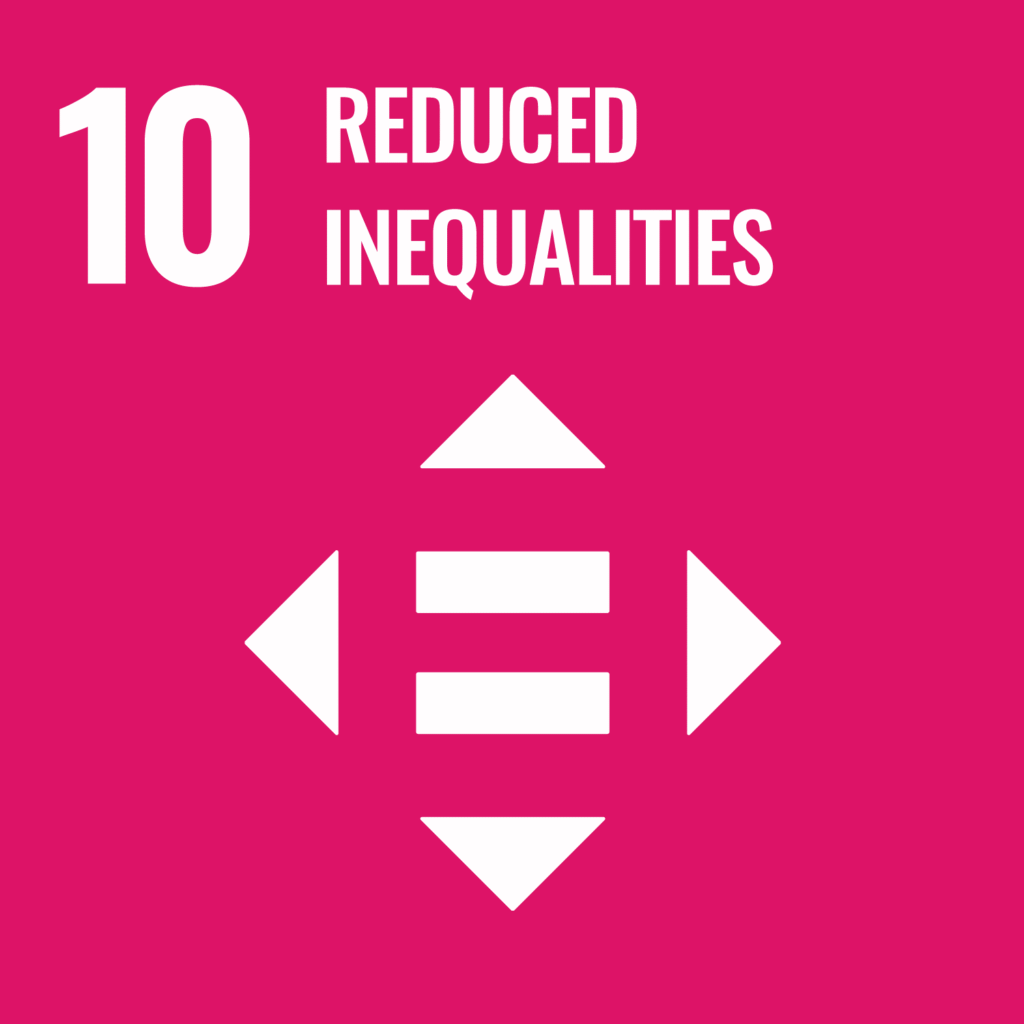
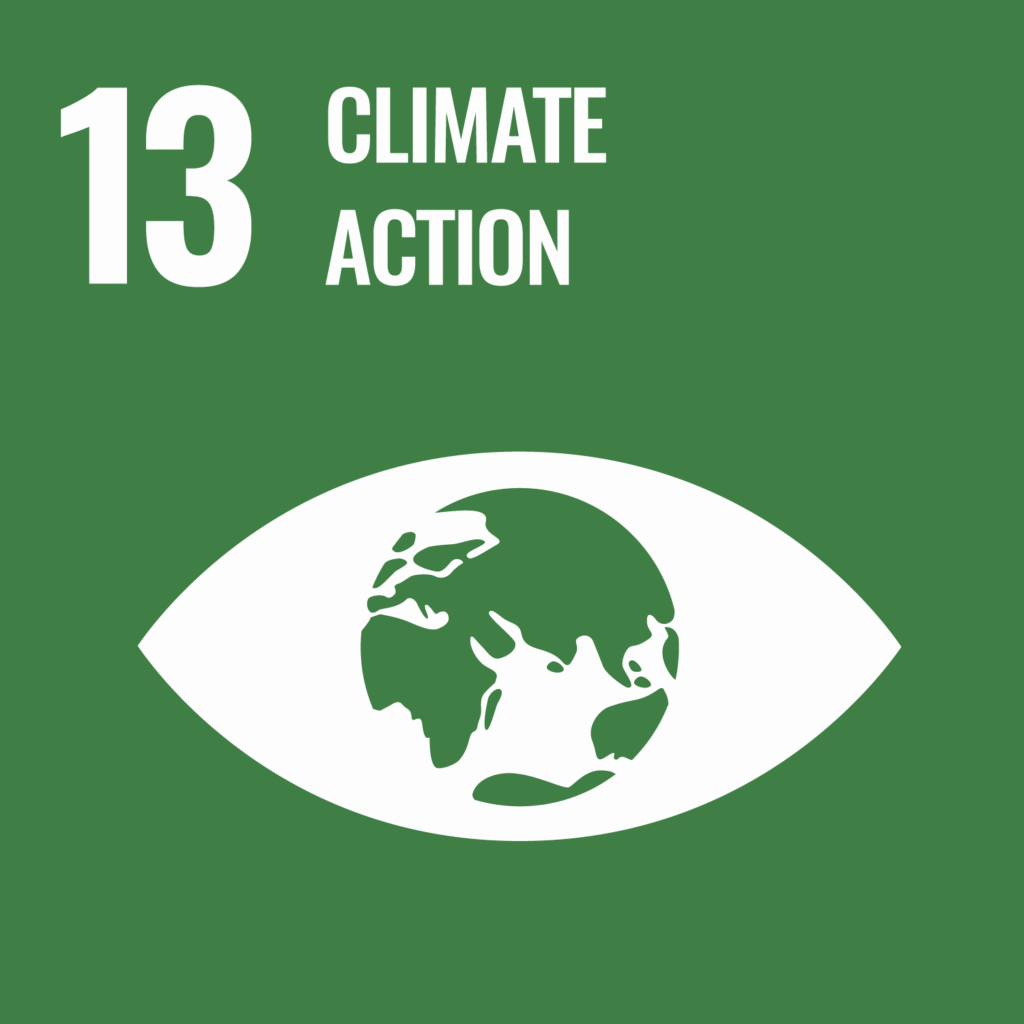
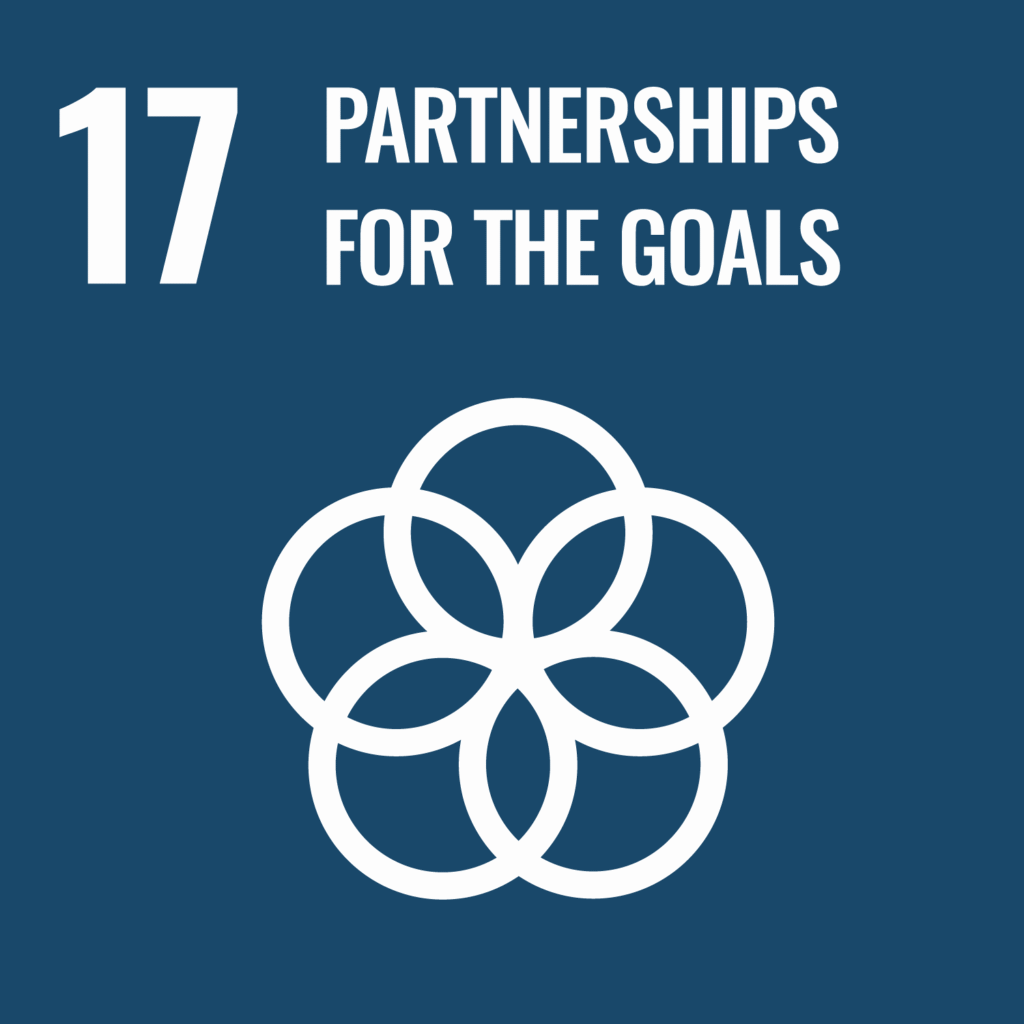
Community-Driven Change and Women’s Empowerment
Future Generations Arunachal began by directly engaging communities—forming women’s groups, local coordinating committees, and training women and men in preventative health care, conservation, and income-generation activities. Over time, these efforts evolved to focus on microfinance, livelihood development, and skills training aimed at improving women’s quality of life.
In 2013, many women’s groups transitioned into Self-Help Groups (SHGs), expanding into new sites such as Dambuk. To support this growth, a revolving fund was established, offering advance loans to women-led groups to carry out their work plans. This approach has helped increase women’s economic independence, self-esteem, and social status within their communities.
Across five districts, more than 150 women’s groups now lead local change—improving health in homes, promoting kitchen gardens, and generating income through micro-credit programs. These groups are supported by Village Welfare Workers (VWWs) trained to deliver home-based services, monitor community health, and mobilize collective action.

Local Governance and Panchayat Leadership
In partnership with the Government of Arunachal Pradesh, Future Generations Arunachal supports training for the state’s 6,000 locally elected Panchayat leaders (Gram Panchayat Members).
This initiative builds the capacity of village-level governance systems envisioned by Mahatma Gandhi’s dream of participatory democracy—helping local councils identify priorities and reinvest state funds in health, education, and infrastructure.
Fifty local trainers have already taught core community development skills to over 400 Panchayat Members, resulting in new village workplans that address income generation, sanitation, and immunization.
The organization is also establishing ten model Panchayat villages as “Learning and Doing Centers,” demonstrating best practices in community-government partnerships, women’s empowerment, and sustainable development.

Nature Conservation and Eco-Tourism
Future Generations Arunachal has been a pioneer in community-based conservation, integrating traditional ecological knowledge with modern sustainability practices. Its landmark achievement—the creation of the Eko Dhumbing Community Forestry Reserve (the first of its kind in the state)—set a precedent for locally managed biodiversity protection. This model, featured in National Geographic and supported by the UNDP GEF Small Grants Program, has inspired similar efforts across the Tsangyang Gyatso World Peace Park, Dihang Dibang Biosphere Reserve, and Talley Valley Wildlife Sanctuary.
Former hunters have become conservation stewards, conducting biodiversity monitoring and leading eco-tourism initiatives that generate income while preserving cultural heritage and wildlife habitats.
Health Partnerships and Primary Care
In collaboration with the Department of Health and Family Welfare, Future Generations Arunachal manages two Primary Health Centers, using a three-way partnership model that involves the government, community, and organization in shared management.
These centers not only deliver essential health services but also serve as training sites for health-based initiatives and public-private partnerships.
Impact and Vision
From its roots in maternal and child health training to its present-day leadership in sustainable livelihoods and governance, Future Generations Arunachal exemplifies inclusive, evidence-based community change. Its programs—spanning nature conservation, women’s empowerment, local governance, food security, and livelihood development—have created lasting systems of learning, collaboration, and resilience across Arunachal Pradesh.
By linking traditional wisdom with participatory governance and environmental stewardship, Future Generations Arunachal continues to build pathways toward resilient communities and a sustainable future for the region.
